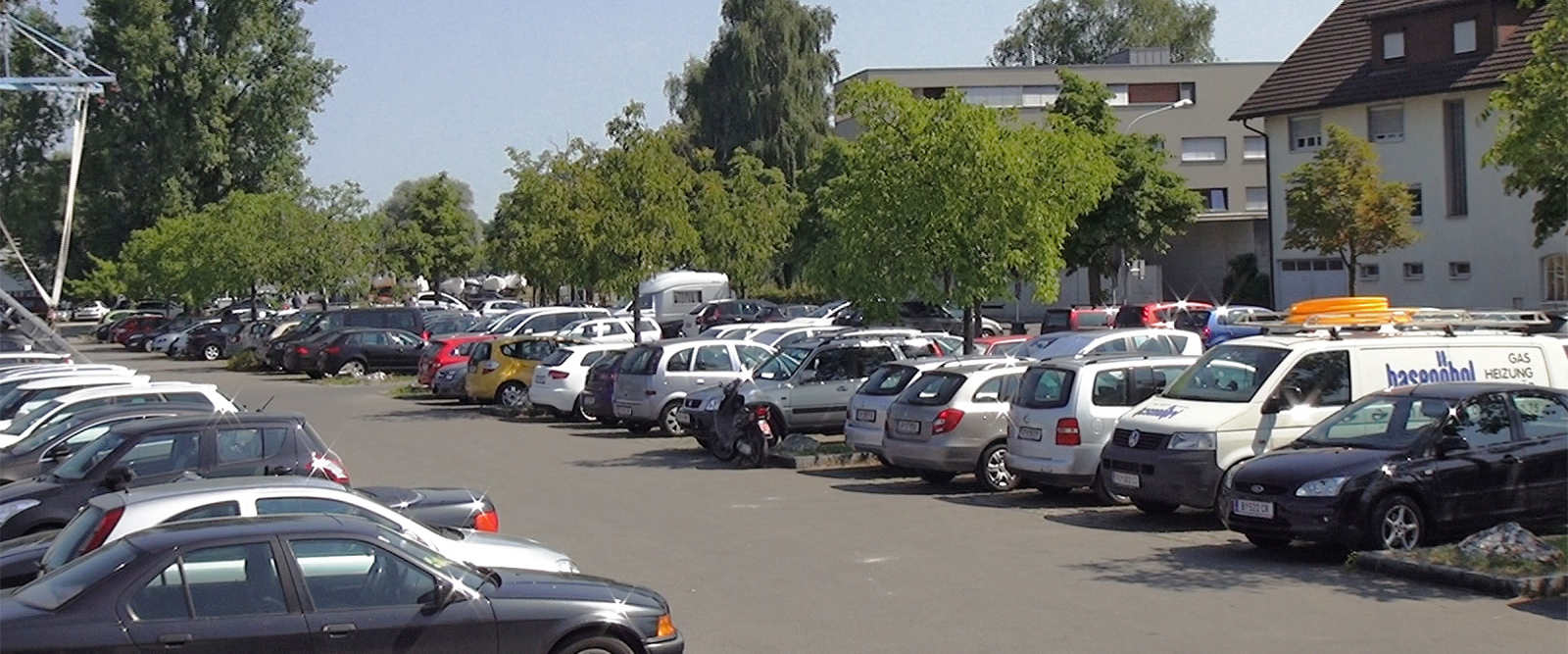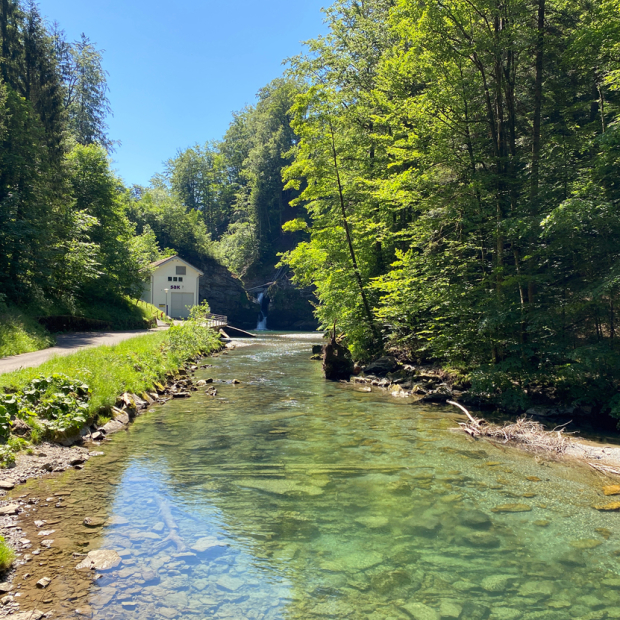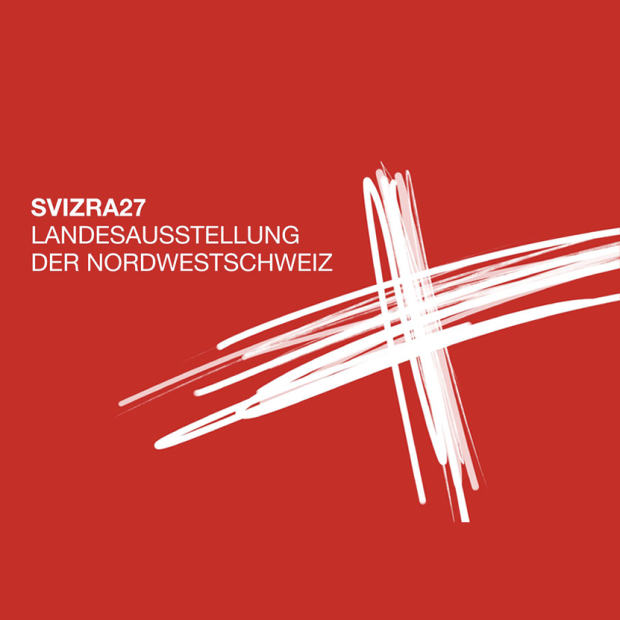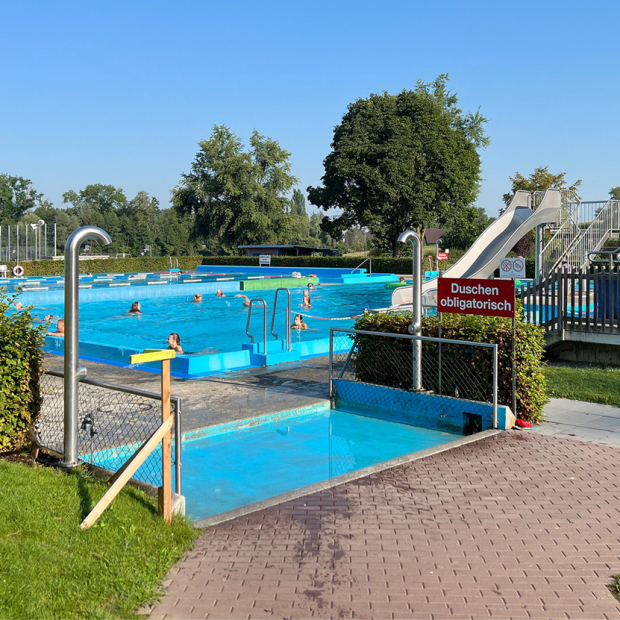

Parking space management in Vorarlberg
After recognizing a need to respond to problems caused by a lack of sufficient parking, experts and policymakers from seven municipalities in the Austrian state of Vorarlberg entered into formal discussions on the advisability of a new regional management concept to regulate their parking situations. The planning tasks for the project include a consideration of the cost effectiveness of the proposed solutions and the drafting of specific recommendations for both individual municipalities and the region.
Project overview
The aims of the planning project are to assess the advantages of introducing a regional parking-space-management concept in the seven participating municipalities and to develop specific management solutions. A regionally harmonized measures catalogue that takes account of the specific needs of the individual municipalities is to be drafted to address the parking-related problems faced by the participating municipalities in the larger context of their transportation-system objectives and to create a set of regional standards.
Three project phases
Phase 1: analysis of starting conditions and proposed solutions
The specific problems and concerns of the participating municipalities (Bregenz, Hard, Kennelbach, Lauterach, Lustenau, Schwarzach and Wolfurt), as well as those of the state of Vorarlberg, were discussed in separate meetings held in each of the municipalities. These discussions were used as a basis for drafting initial recommendations and determining a framework for a regional parking-space-management system. The results were then submitted to experts and policymakers for consideration:
- User-financed construction, operation and maintenance of parking space
- Parking for intended users, i.e. parking space for customers in commercial areas or for residents and their visitors in residential areas
- Increased traffic safety via the prohibition of parking in unsuitable locations
- Enhanced enjoyment of public spaces via more orderly and efficient use of parking space
Phase 2: Measures
With the aim of arriving at more specific proposals, a second round of discussions with each municipality was organized. Those measures in the harmonized catalogue of measures that would best meet the relevant municipality’s objectives were selected. General implementation targets were also defined.
Phase 3: Financing, organization and implementation
Analyses of the anticipated economic impact of the recommended measures were presented to the municipalities to give them a basis for making their decisions. Among other factors, these analyses took account of experience gathered in the context of similar projects, as well as statements concerning existing expenses and revenues in the participating municipalities.
Recommendations were also drafted for the project’s organization and implementation. The focus here was on inter-municipal cooperation with respect to the procurement of parking meters and approaches to implementation and public relations.
Steering committee
The work was overseen by a steering committee consisting of the relevant municipal representatives and technical specialists. Interim results were presented to the members of Municipal Development, Spatial Planning and Transportation Committees at regional conferences. These conferences also provided a forum for obtaining suggestions for improving the measures catalogue.










